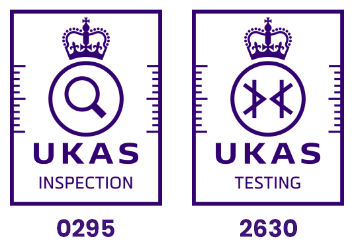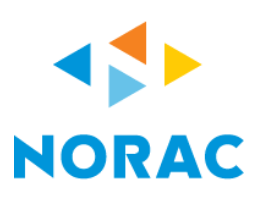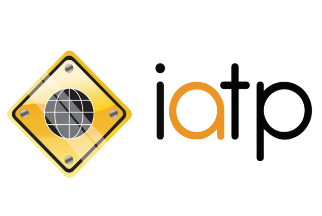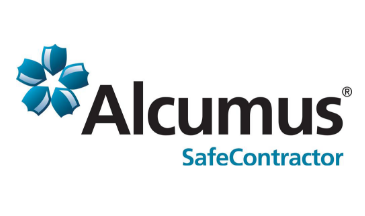Did you know that if your home was built before 1999, it could contain Asbestos? It can be found lurking in some unexpected places, particularly in older residences or in homes built before asbestos regulations were established.
Here are a few surprising locations where asbestos may be present:
- Popcorn Ceilings: Popcorn or textured ceilings were very popular in homes built from the 1950s through to the 1980s. Many of these ceilings has contained Asbestos to add texture and improve fire resistance. Disturbing or removing these ceilings without proper precautions can release asbestos fibres into the air. Consult a specialist registered testing and removal company before starting any DIY work.
- Vinyl Floor Tiles and Sheet Flooring: Asbestos was commonly used in vinyl floor tiles and sheet flooring for its durability and resistance to moisture. Flooring installed before1999 may contain Asbestos so we recommend getting this tested by a professional.
- Insulation: Asbestos was commonly used as insulation in homes, particularly in loft spaces, walls, and around heating systems. It can be come in various forms, including loose-fill insulation, insulation boards, and pipe insulation. Make sure you know what you are dealing with and consult the specialists to come and test your insulation.
- Plaster and Drywall Joint Compound: In homes built before 1999, Asbestos was known to be added to plaster and drywall joint compound to improve strength and fire resistance. Get your plaster and drywall tested for Asbestos and avoid any disturbance to reduce the risk of releasing harmful dust particles.

- Heating Duct Insulation: Asbestos was used to insulate ducts in some older homes. When the insulation becomes damaged, or deteriorates, asbestos fibres can be released into the air and circulated throughout the home.
- Fireplace and Wood Stove Insulation: Asbestos-containing materials were commonly used to insulate fireplaces, wood stoves, and chimney flues. Disturbing these materials during maintenance or renovation can release asbestos fibres into the air. Get yours tested today.
- Electrical Wiring Insulation: Asbestos was used in some types of electrical wiring insulation, particularly cloth or paper insulation found in older homes. While the asbestos is typically encapsulated within the wiring, damage or deterioration could potentially release fibres. If in doubt leave it and call in the professionals.
- Bath Panels: Insulating board was commonly used up until the mid-1980s for items such as bath panels for its heat and sound insulation properties. It is unlikely to be present in houses-built post 1985. If you suspect the original bathroom is still intact, make sure to get your bath panels checked before any removal works.









